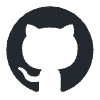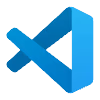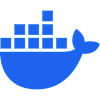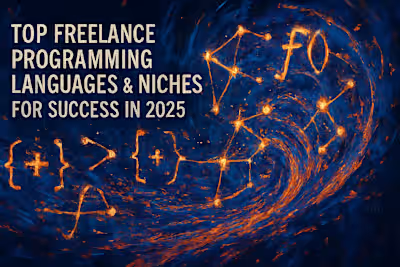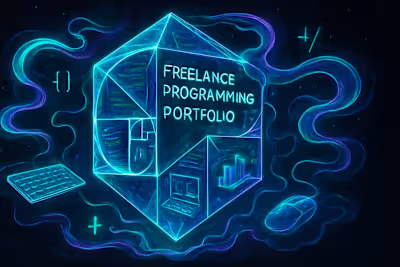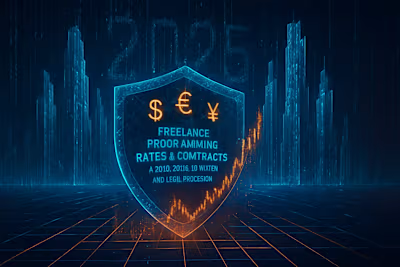Freelance Programming: 15 Essential Skills for High-Paying Gigs in 2025

Freelance Programming: 15 Essential Skills for High-Paying Gigs in 2025
Core Technical Skills for Freelance Programmers
Proficiency in In-Demand Programming Languages
Web Development (Front-end and Back-end)
Mobile App Development (iOS and Android)
Database Management and SQL
Cloud Computing Platforms (AWS, Azure, GCP)
Version Control Systems (Git, GitHub)
Emerging and Specialized Technical Skills
Artificial Intelligence (AI) and Machine Learning (ML)
Cybersecurity Skills
DevOps and CI/CD
Blockchain Technology
Crucial Soft Skills for Freelance Success
Effective Communication
Project Management and Organization
Problem-Solving and Critical Thinking
Client Relationship Management
Adaptability and Continuous Learning
How to Develop and Showcase Your Skills
Online Courses and Certifications
Personal Projects and Open Source Contributions
Building a Strong Portfolio
Conclusion
References
Freelance Programming: 15 Essential Skills for High-Paying Gigs in 2025
Core Technical Skills for Freelance Programmers
Proficiency in In-Demand Programming Languages
Web Development (Front-end and Back-end)
Mobile App Development (iOS and Android)
Database Management and SQL
Cloud Computing Platforms (AWS, Azure, GCP)
Version Control Systems (Git, GitHub)
Emerging and Specialized Technical Skills
Artificial Intelligence (AI) and Machine Learning (ML)
Cybersecurity Skills
DevOps and CI/CD
Blockchain Technology
Crucial Soft Skills for Freelance Success
Effective Communication
Project Management and Organization
Problem-Solving and Critical Thinking
Client Relationship Management
Adaptability and Continuous Learning
How to Develop and Showcase Your Skills
Online Courses and Certifications
Personal Projects and Open Source Contributions
Building a Strong Portfolio
Conclusion
References
Posted Jun 11, 2025
Unlock high-paying freelance programming jobs by mastering these essential technical and soft skills. Propel your freelance career forward in 2025!

